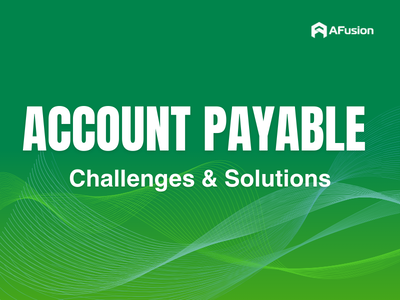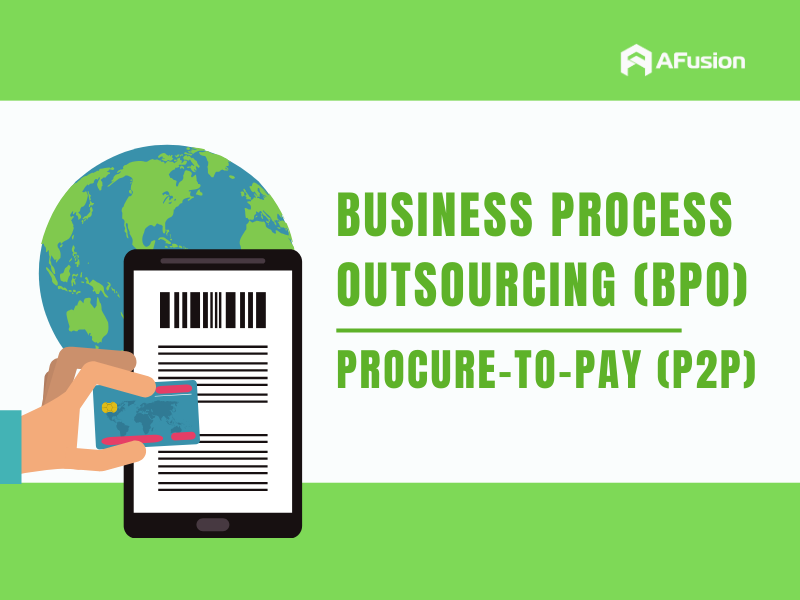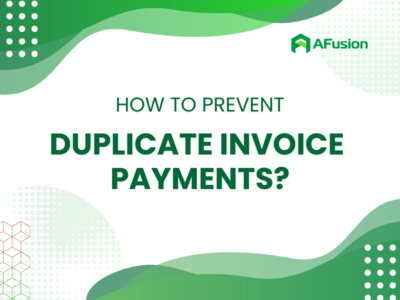Resources > Blog > 41> Data Security Management Solution For Accounts Payable
Data Security Management Solution For Accounts Payable
In an organizational structure, the accounts payable department is not merely a place for handling payment transactions, but also plays a key role in protecting financial prosperity. It can be considered as the department responsible for managing the cash flow in and out of the business. It also stores a large amount of internal information related to the company, suppliers, and even customers, including invoices, bank accounts, payment terms, commercial discounts, etc. Among them, most of the data is subject to confidentiality commitments. Therefore, it is not surprising that the accounts payable department has become an attractive target for sophisticated cyberattacks today.

Inadequacies In Manual Accounts Payable Processes – Security Vulnerabilities
Sending invoices to suppliers via email is still manually done in many businesses. Cases such as entering the wrong email address, misstating the recipient’s name, or forwarding the wrong file to partners happen quite frequently. This shows that data security management is not being implemented seriously. It requires staff to be careful, meticulous, and spend a lot of time double-checking information to ensure absolute accuracy. Because even a small mistake can cause sensitive business information to be leaked outside.
Not only that, many businesses still store accounts payable Excel files on personal computers or Google Drive. This is extremely alarming for account payable data. Without clearly defined access rights, anyone with the link can view or download the information. This forms a serious vulnerability in account payable data security management, especially when the information includes payment amounts, supplier names, contracts, etc.
Moreover, manual processes often do not have a detailed log system. This leads to a situation of “unclear responsibility” when errors occur: it is impossible to identify who edited the invoice, who sent it, and who approved it. This creates a major security gap in the accounts payable process. It results in a lack of traceability, slowing down the investigation when incidents occur and creating significant vulnerabilities for internal fraud.

Furthermore, when businesses share files with partners via email or traditional tools without encryption, the data can be intercepted and read by third parties if the transmission channel is not secure. Businesses need to implement stricter data security controls measures. A danger reported in IBM’s 2024 survey found that 40% of breached data was stored on public clouds. Each such breach caused an average damage of $5.2 million – higher than the average in other storage environments.
In addition to risks from within the business, stolen or compromised information is also one of the most common attack methods today. According to the 2024 Cost of a Data Breach report, stolen or compromised login credentials accounted for 16% of database theft cases. Hackers can:
- Use brute force techniques to crack passwords.
- Buy leaked login information from the dark web.
- Trick employees into providing passwords through social engineering methods.
All of these scenarios can occur more easily when the system is not strictly protected, the process is manual, and employees lack awareness of necessary security measures. An automated accounts payable process combined with an absolute security policy is the right solution for businesses to confidently control their internal data while reducing frequent, error-prone, time-consuming tasks.
Concerns Over Data Security In Automated Accounts Payable Processing
One of the major barriers, besides costs, that makes many businesses hesitant to implement automation in their accounts payable process is the concern about control and data security management when switching to a digital system. The common fear stems from the thought that data uploaded to the system will “reside somewhere” on a cloud platform, a space over which the business does not have full control. This leads to anxiety and concern about whether the business’s internal information is being leaked, accessed by unauthorized third parties, or even being sold externally.
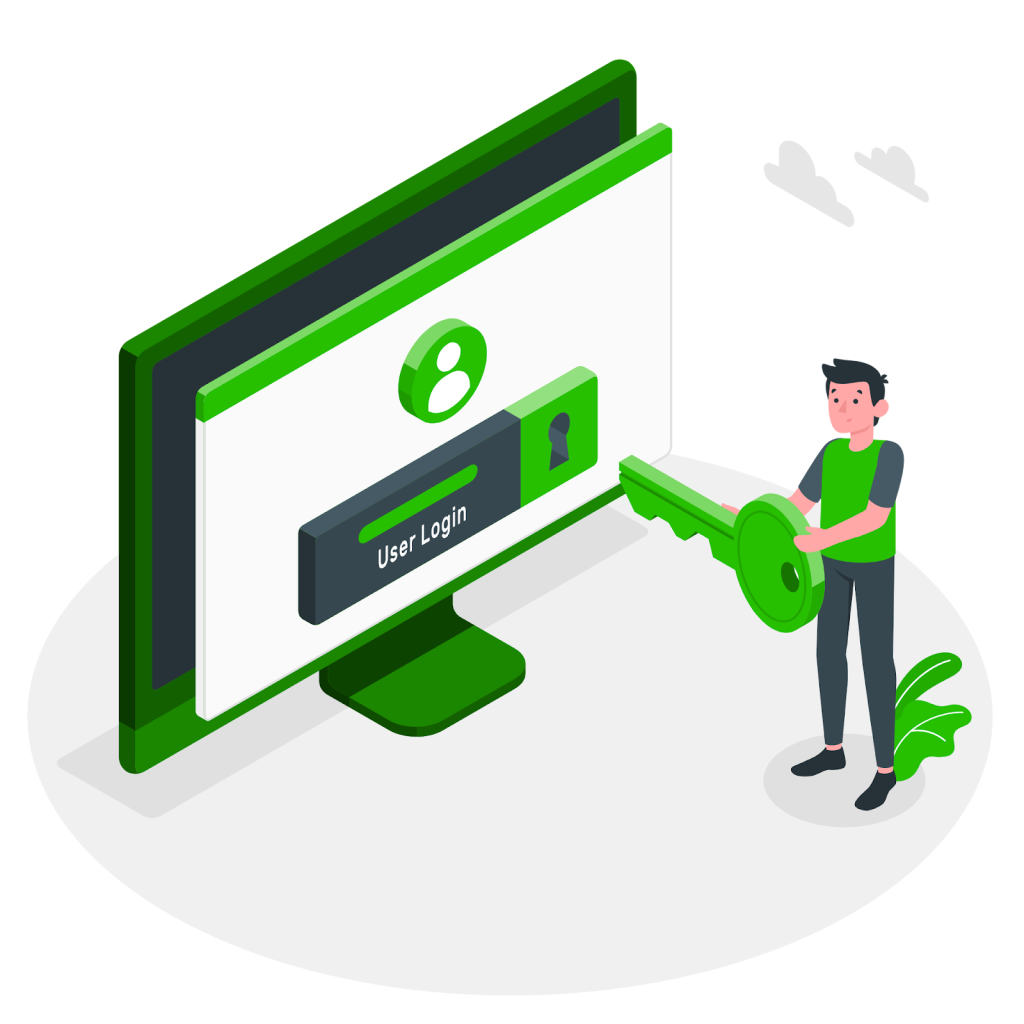
And of course, this fear is not unfounded. It originates from real-life incidents that businesses have witnessed or heard about, making them worry whether they might be next:
- Fear of exposing the list of suppliers and customers – strategic data that is valuable and contributes to maintaining the company’s competitive edge.
- Leakage of payment information, discounts, or contract terms, thereby affecting negotiation power and revealing business strategies.
- The possibility that the software solution provider can access or control the data if there are no clear commitments regarding permissions, encryption, and security standards.
These concerns become even more valid in the context of increasing financial data breaches globally. According to many reports, numerous organizations have suffered millions of dollars in damages due to security vulnerabilities from service providers or insecure data transmission.
As a result, even though businesses understand the benefits of automation and data security management—such as reducing manual work, increasing processing speed, and minimizing errors—many still hesitate or delay implementation. In some cases, they even revert to manual processes, believing that having data “in their own hands” is safer, despite higher operating costs and lower productivity. However, this is a misguided step, because nowadays, many automation solutions come with highly secure and standardized data security management clauses. Therefore, businesses should proactively seek a suitable provider to entrust rather than limiting themselves to outdated and risky methods.
Combo Of Data Security Management & Ap Optimization: Practical Benefits From Afusion
Minimizing Internal Data Leakage Risks
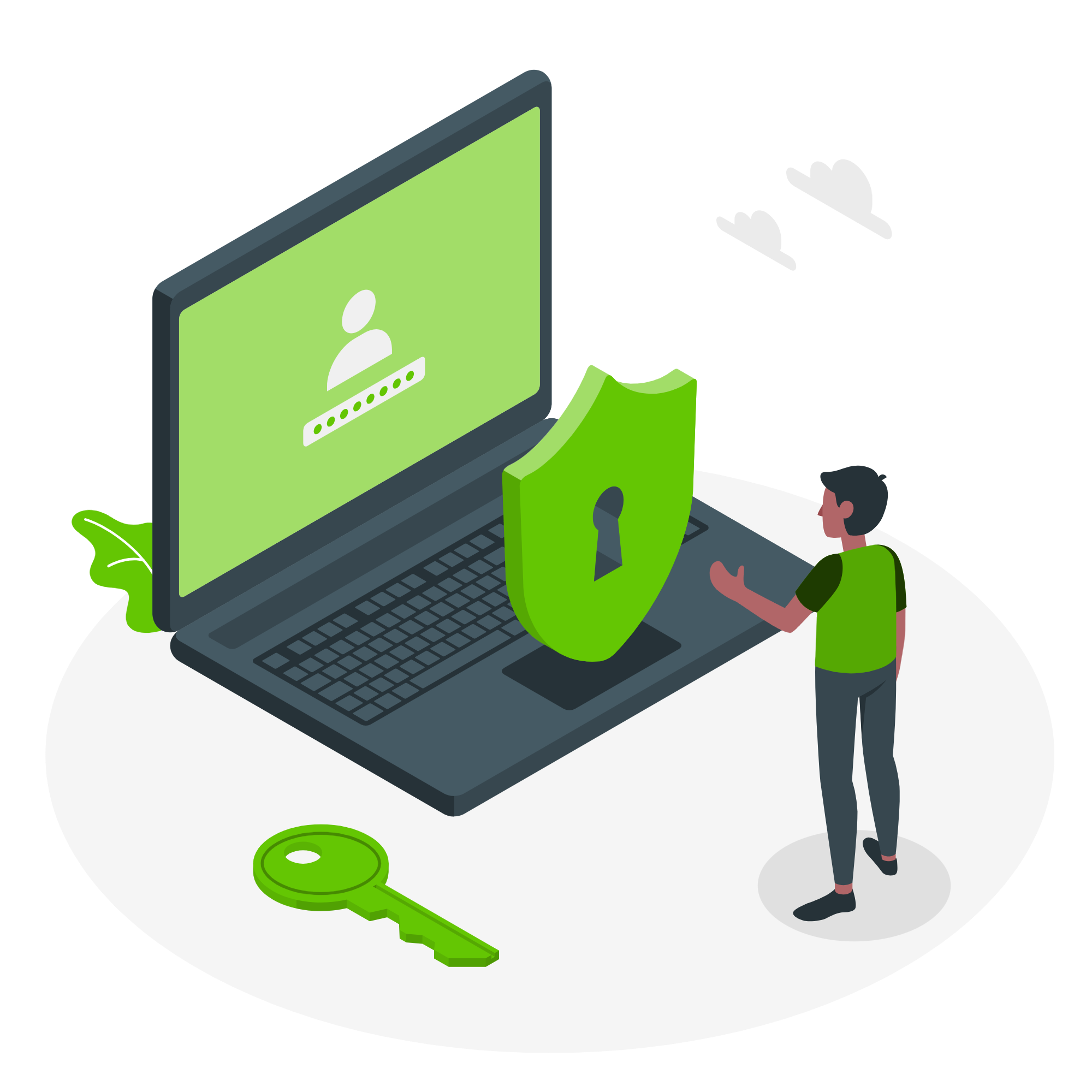
Protecting Proprietary Data From Competitor Interference

In the accounts payable process, information such as discount entitlements, purchase/sale prices of materials, order quantities, and payment contracts are all classified data. Sometimes, they even include formulas or special ingredients to create products. These elements are considered business secrets and can create a competitive advantage for the company.
Therefore, the storage of such important internal data must always be strictly protected. When businesses apply AFusion’s solution, all data is encrypted, all access activities are clearly recorded, and strictly controlled. This always adheres to data security compliance, helping protect proprietary data from leakage, resale, or unauthorized access by malicious actors.
Increasing Trust With Partners And Customers
Optimizing Data Processing Efficiency
Previously, to find an invoice or review errors, businesses had to manually search through scattered Excel files, which was time-consuming and prone to missing information. With AFusion, the accounts payable team only needs to input an invoice number, supplier name, or transaction code, and the system will instantly display the entire related history of sending, receiving, approving, and paying. Moreover, the integrated AI technology supports automatic anomaly detection, data comparison, and suggests potential discrepancies, helping businesses process more quickly and accurately.

Flexibly Scaling Accounts Payable Operations
Conclusion
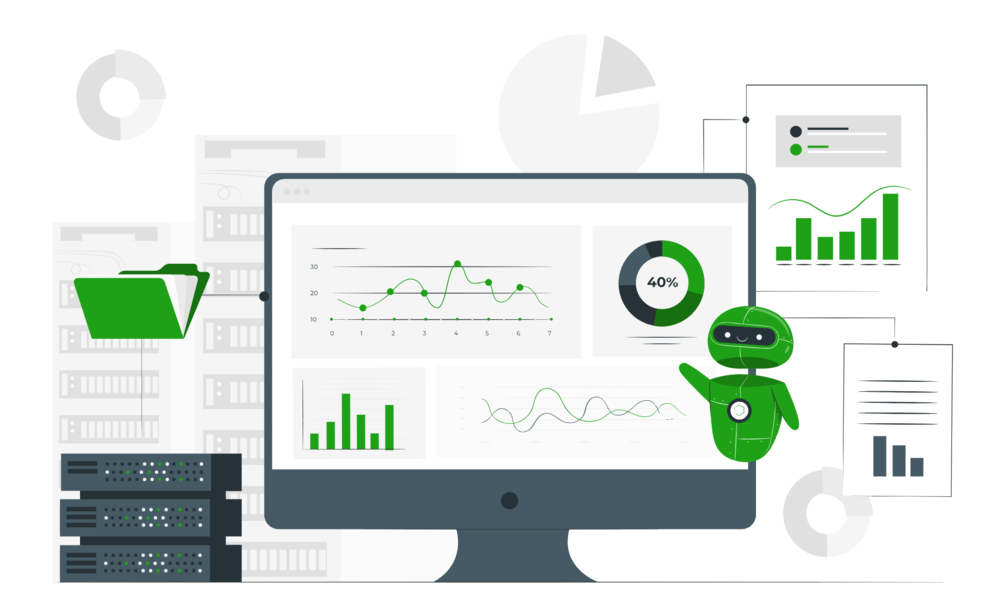
Data security management is no longer “just an IT issue” but must be a strategic priority in every business process, especially those related to accounts payable. This is the area that stores the most internal information and directly impacts your financial health as well as that of your competitors. When account payable data becomes a hacker’s target, building a robust and transparent protection system is the best way for businesses to proactively mitigate risks.
AFusion fully understands the concerns of businesses and always stands by them with an absolute commitment to security. We don’t just provide software—we are a trustworthy partner in your journey to safeguard financial assets through our automated accounts payable management system with standardized, advanced data security management. Let your account payable data no longer be a weakness, but a competitive advantage for your business.
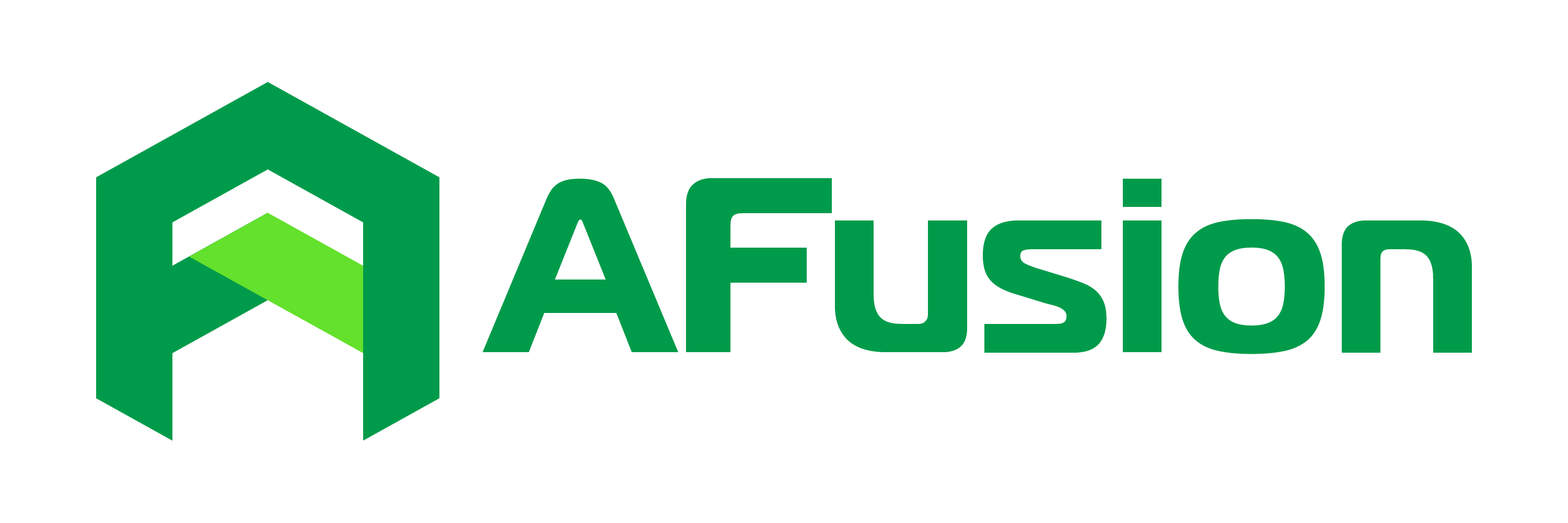


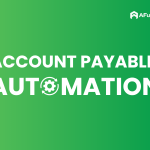 Previous Post
Previous Post Next Post
Next Post